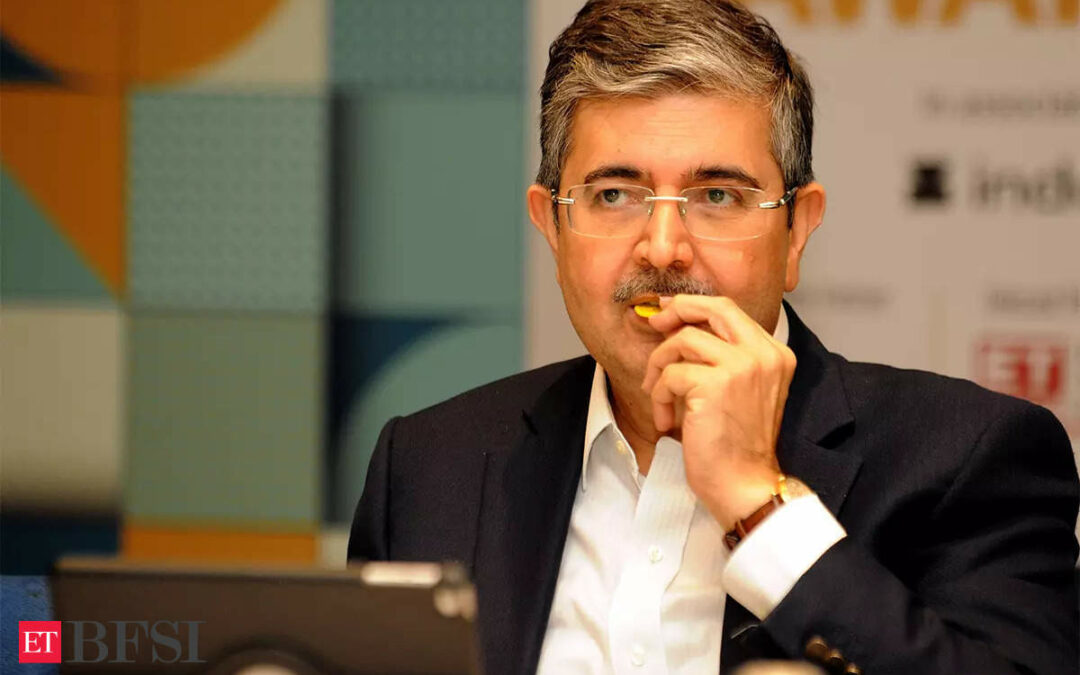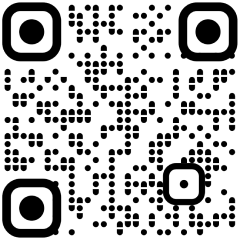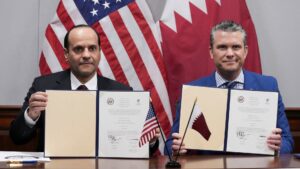Asia’s richest banker, Uday Kotak, has said that the India needs good thin rotis and not Paranthas and Kulchas to become developed and rich in the next two decades. Speaking at the CNBC TV18 Leadership Summit today, Founder and non-executive Director of Kotak Mahindra Bank shared his vision for India’s future transformation, emphasizing the importance of efficient execution and improved time management. Drawing an interesting analogy, Kotak explained that India needs to focus on the equivalent of “thin, good rotis” rather than indulging in the heavier, indulgent parathas and kulchas of procrastination and inefficiency.
The Roti India Needs
According to Kotak, the key to India’s progress lies in improving the “Return on Time Invested” (ROTI), a concept he emphasized the value of time in driving results. He argued that the country needs to move away from a culture of delays and excuses, often encapsulated in the “Chalta Hai” (it’s okay) attitude, and instead focus on timely execution of projects, both in the public and private sectors. This, he believes, is essential for India to achieve its goal of becoming a developed nation with a per capita income of $15,000 in the next 23 years. He warned that in the race to become a developed nation, the nation cannot afford delays or inefficiencies; every project, whether in defense, finance, or innovation, must be executed with precision and urgency.”India needs thin, good rotis — the ones that give us the best results in the least amount of time,” Kotak said, reinforcing his point that efficiency must be at the forefront of the nation’s drive for transformation. He suggested that this shift in mindset was necessary if India is to meet its ambitious targets and compete globally.
Kotak Identifies Three Crucial Areas for Fueling India’s Growth
He also identified three crucial areas for India’s growth: military strength, financial competitiveness, and creativity. Drawing comparisons with global powers like the US, Kotak emphasized that India must strengthen its defense spending as a percentage of GDP to ensure its security and geopolitical influence. He noted that countries like Israel spend more on defense than India, and with rising global uncertainties, India must ramp up its military capabilities to safeguard its future.On the financial front, Kotak highlighted the importance of India becoming self-sufficient on its current account and striving for a reserve currency status. He pointed out that despite the U.S.’s large current account deficit, its economic and military strength allows it to maintain global respect and influence. For India, the challenge lies in boosting its financial resilience and competitiveness while fostering sustainable economic growth.
Kotak also underscored the need for India to foster creativity, moving from a “deep service” economy to a powerhouse of innovation and products. He cited India’s success in areas like quick commerce, where local businesses have excelled despite challenges faced by similar models globally.












